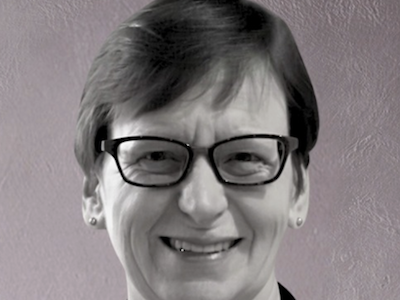
The University of Botswana, in Gaborone, Botswana.
In 1976, after a traumatic event, Botswana’s government decided to build the country’s first university, but it had no money for the massive project. It turned to the practice of batho ba dithuso (people of help), a concept that highlights the collective responsibility of people to contribute to state-led efforts for the benefit of society. Contributions flowed from across the country, and the campaign led to a new university and demonstrated the high status of giving in Botswana, as Eshban Kwesiga explains in an article in “African Giving Traditions.”
His powerful story is one of many in a pilot project of 20 short articles that define deep-rooted giving practices across Africa. Launched by GivingTuesday and the National Philanthropic Trust, in collaboration with TrustAfrica, the 20 articles describe the history and diversity of African giving traditions, such as takaful (an Arabic term for the practice of social solidarity among people in Muslim-majority African countries) or chilimba (a Zambian tradition involving a system of reciprocal mutual support, where members, often in women-led groups, pool resources).
“As Africans, we are connected, but we do not know much about each other,” explains Bidemi Adedire, who’s with the Media and Communications Department at GivingTuesday. “It is nice for cross-country collaboration with this pilot project.”
“And there is interest to continue this work, to grow beyond 20 articles,” Adedire adds. “How can we gather 200 more traditions, or a thousand more? Africa is such a big continent. Within Nigeria alone, I can talk about 10 traditions.”
Read the 20 stories here.
Sign up for PANL Perspectives, MPNL’s free newsletter.
Thursday, September 26, 2024 in Africa Philanthropy Series, For homepage, News & Events
Share: Twitter, Facebook



